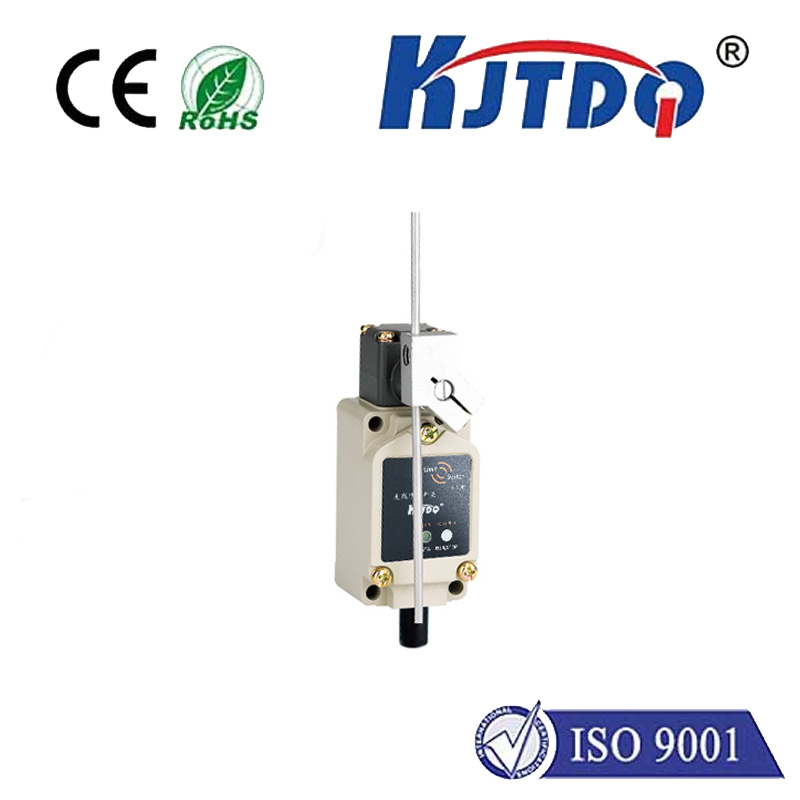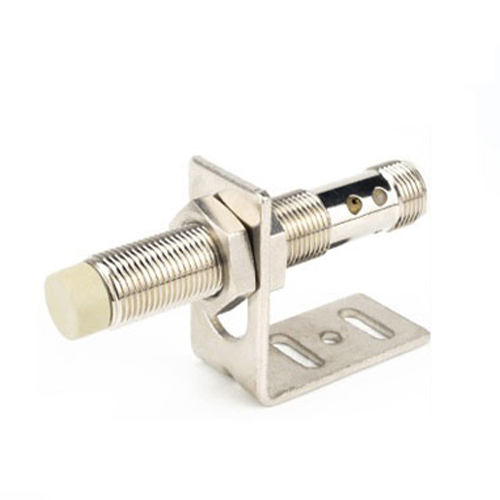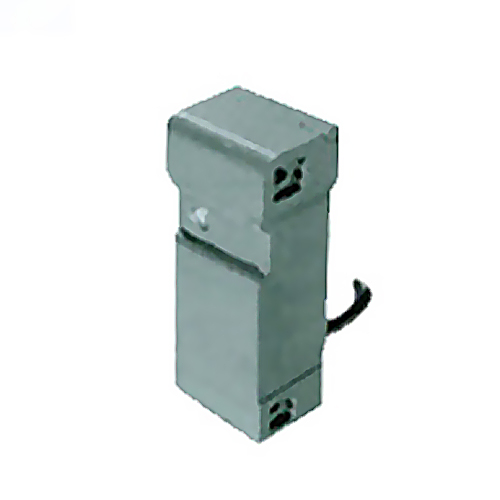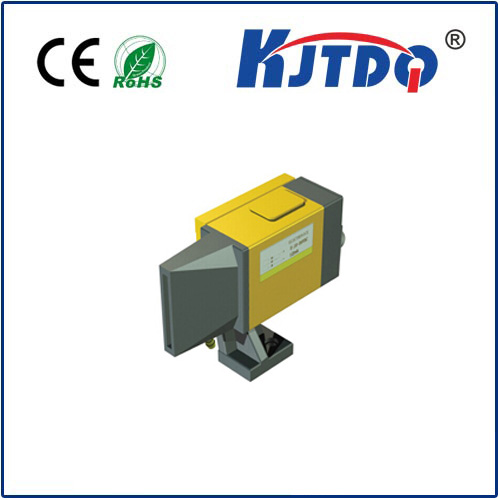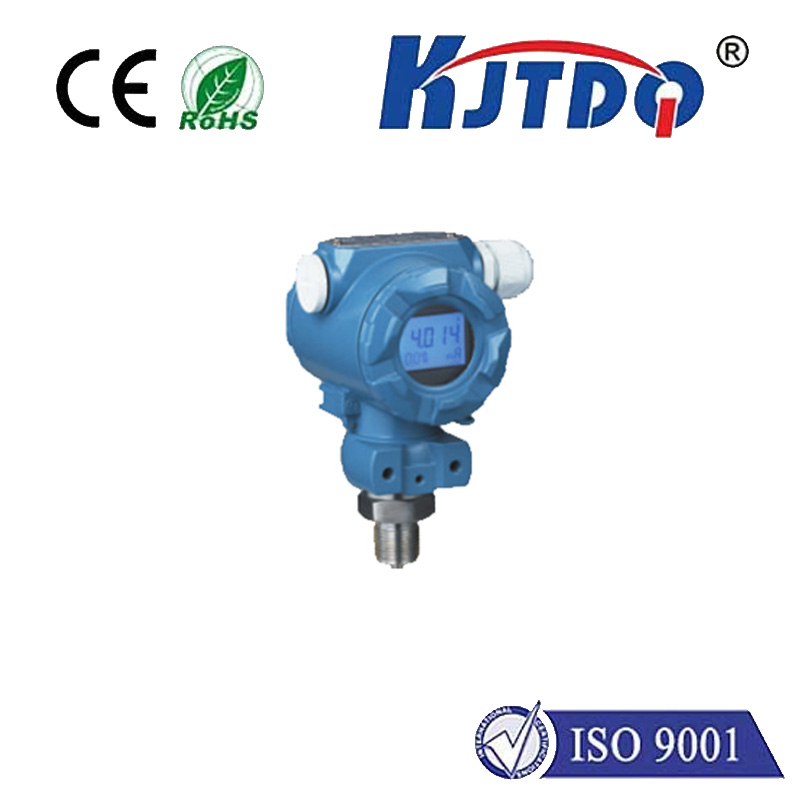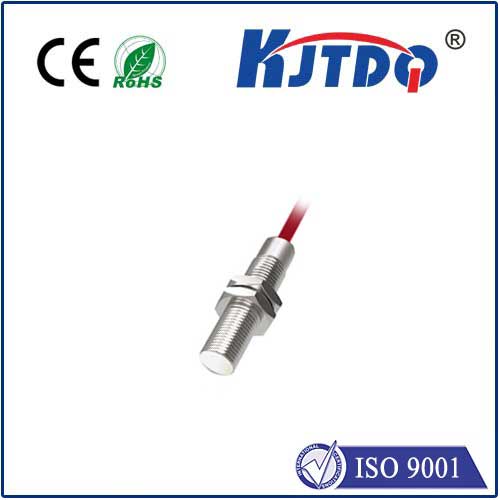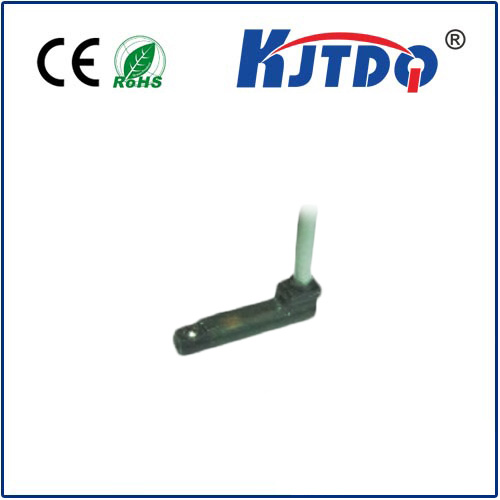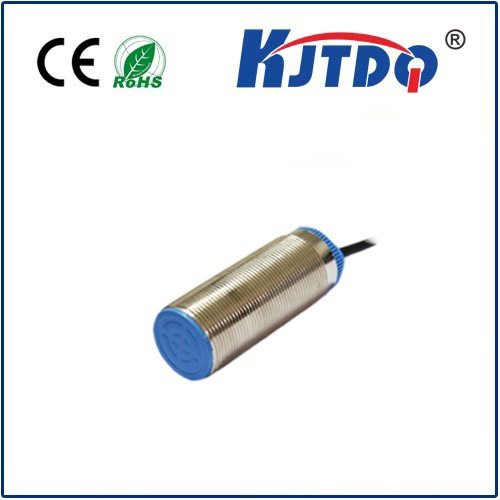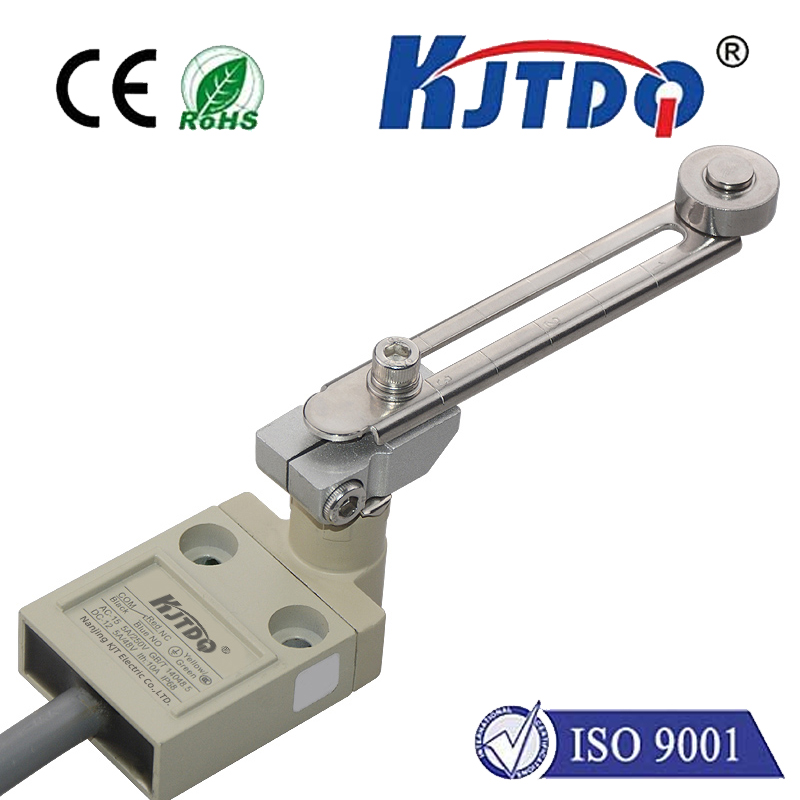
Проверка

Проверка

Проверка

Проверка

Проверка

Проверка

Title: The Importance of Speed Control Sensors in Modern Industries In today’s fast-paced industrial world, the need for precision and efficiency has never been more critical. One of the key components that have enabled this level of precision is the speed control sensor. These devices play a vital role in regulating the speed of various machines and systems, ensuring that they operate at optimal levels. In this article, we will explore the importance of speed control sensors in modern industries and how they contribute to improved performance and safety. Firstly, it is essential to understand what speed control sensors are and how they work. Speed control sensors are devices that measure the rotational speed of a shaft or motor. They do this by detecting the position of a rotating object using magnetic fields, optical sensors, or mechanical switches. The information collected by these sensors is then used to adjust the speed of the machine or system accordingly. One of the primary benefits of using speed control sensors is their ability to improve energy efficiency. By regulating the speed of machines and systems, these sensors can help reduce energy consumption and extend the lifespan of equipment. For example, in industrial fans and blowers, speed control sensors can be used to adjust the fan speed based on temperature changes, reducing energy waste and wear and tear on the equipment. Speed control sensors also contribute to improved safety in industrial environments. By monitoring the speed of machines and systems, these sensors can detect abnormalities such as over-speeding or under-speeding, which could indicate potential mechanical failures or malfunctions. This allows operators to take corrective action before any damage occurs, reducing downtime and preventing accidents. Furthermore, speed control sensors are essential in applications where precise speed control is critical. For instance, in the manufacturing industry, speed control sensors are used to regulate the speed of conveyor belts, CNC machines, and other automated systems. This ensures that products are produced at consistent quality levels and reduces waste due to errors in production. In addition to their practical benefits, speed control sensors also offer cost savings for businesses. By improving energy efficiency and reducing equipment wear and tear, these sensors can help lower operating costs and extend the lifespan of machinery. This makes them an attractive investment for companies looking to improve their bottom line while maintaining high levels of productivity and safety. In conclusion, speed control sensors are不可或缺的 components in modern industries, enabling precise speed regulation for various machines and systems. Their ability to improve energy efficiency, safety, and productivity makes them valuable tools for businesses across different sectors. As technology continues to advance, it is likely that speed control sensors will become even more sophisticated, further enhancing their importance in the industrial world.
